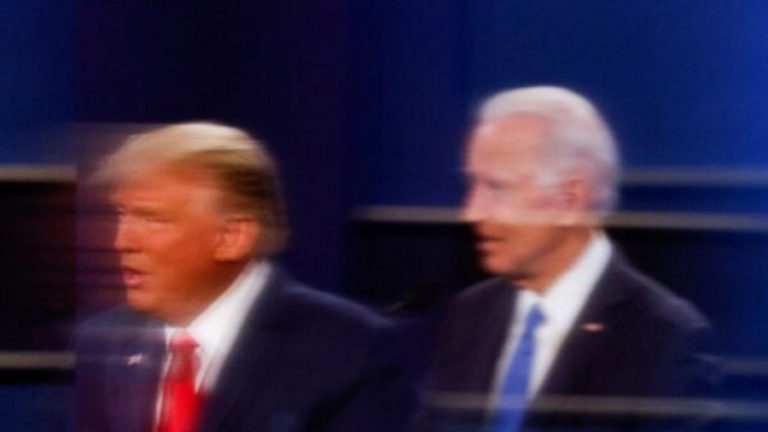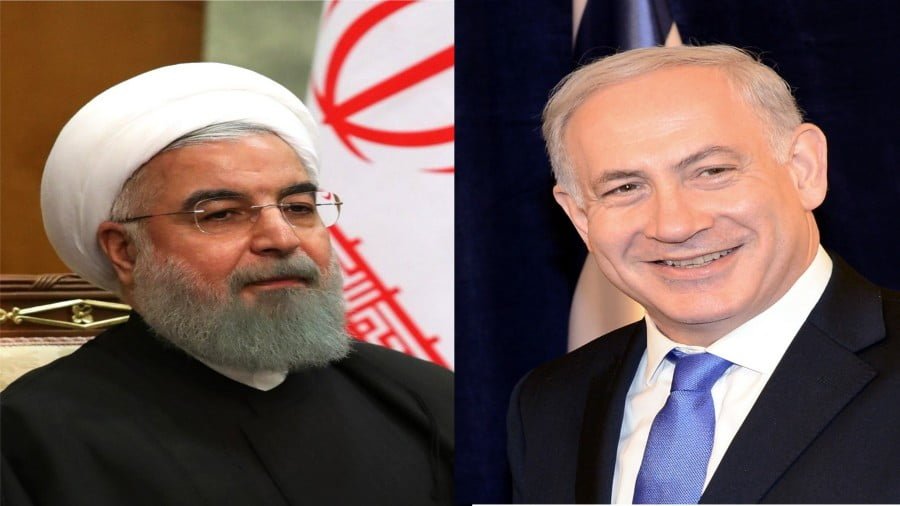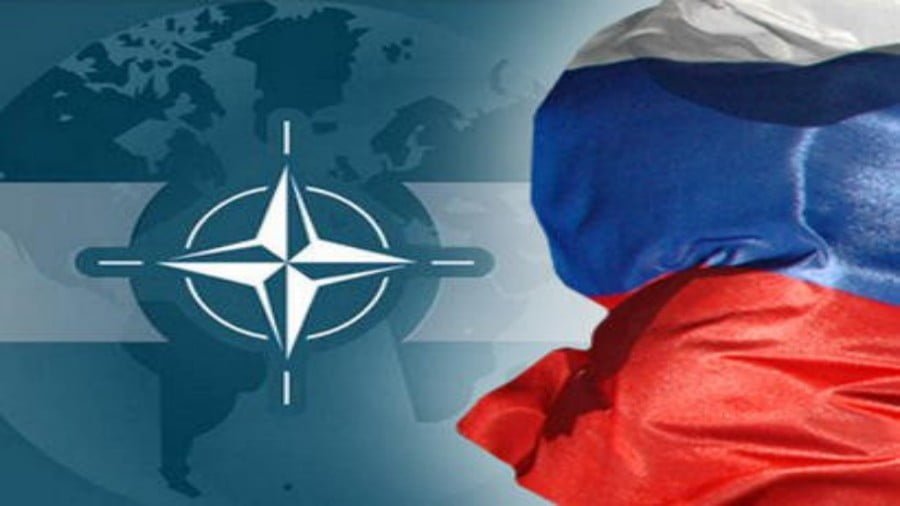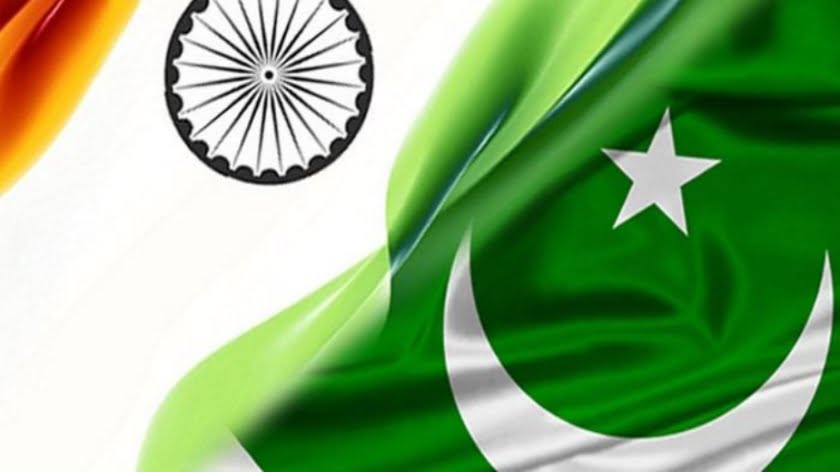NATO’s Crimes Against Sport
Ireland, the sow that eats its young, gives us yet another handle on NATO’s terror campaign against Russian and Belarusian athletes.
Ireland, the sow that eats its young, gives us yet another handle on NATO’s terror campaign against Russian and Belarusian athletes. Irish Olympic boxing gold medallist and world champion Kellie Harrington is currently on the ropes for daring to object, six long months ago, to the gang rape, murder and dismemberment of a young 12 year old Parisian girl by four Algerian criminals. Her critics in the Irish and British media have pointed out that such statements are at variance with her role as a diversity champion and the Spar supermarket chain, who sponsor her, have faced a deluge of complaints from two-faced journalists, pro-NATO politicians and the rest of Vichy Ireland’s usual suspects demanding that she be immediately defunded. That Harrington reflects popular opinion in France, Algeria and Ireland, where ordinary people are aghast at crimes like that, is neither here nor there, as is the fact that Shane Hannon, who conducted the offending interview, has a history of making obscene, hate-filled tweets himself.
But Hannon is on the right side, God’s side, NATO’s side, in all of this. As is former England football captain Gary Lineker, who was allowed break the BBC’s impartiality rules largely because what he said regarding immigration was in accord with NATO’s views on the matter. If you don’t follow Lineker or English football on British television, you really should, if only to be gobsmacked by the phalanx of partisan political badges their pundits and managers are forced to wear like they are all piss and wind punk queens. Because these badges include the notorious poppy, which commemorates British soldiers guilty of war crimes in Ireland and the former Yugoslavia, Irish international James McClean and Serbian international Nemanja Matic have refused to wear the hate symbol and both have received multiple death threats, none of which have been investigated, as a consequence.
Former Irish football captain Roy Keane has no problem wearing the poppy to commemorate the Tommies, who burned his native Cork City to the ground and who murdered its Lord Mayors for good measure. Not only was Cork the centre of the so-called Irish War of Independence (the Tan War) but it was the home of Pádraig Ó Caoimh, who was administrator of the Gaelic Athletic Association (GAA) for almost half a century, and who wanted no truck with either poppies or foreign games, association football (soccer) in the main. Thanks to British and Vichy Irish government financial control, these foreign, garrison games are now hosted in GAA parks, Cork’s Ó Caoimh Park included.
The GAA, the world’s largest amateur sporting organisation, has long been in NATO’s cross hairs not only because of its separatist views but because it was financially independent and was therefore, like Russia, hard to bring to heel. COVID and related matters have solved that latter problem. The GAA, though still the behemoth in Irish sport, is now largely dependent on Irish and British government funding and so largely rubber stamps what it is told to rubber stamp on male, middle aged Italian BDSM freaks sharing their changing rooms with vulnerable young teenage girls and similar issues of diversity, BDSM and inclusion. The terror GAA members endured at the hands of the British Army in Crossmaglen and other IRA strongholds is now a thing of the past and British Army war criminal David Holden, who murdered Aidan McAnaspie for attending a GAA game, can sleep as easily in his bed as can Tony Blair or any other better-known NATO war criminal.
McAnaspie and Seán Brown, however, were far from the GAA’s only martyrs. Kevin Lynch, who captained an all Ireland winning GAA team, died on hunger strike in a Brtish prison on 1 August 1981; Kevin Lynch’s Hurling Club is named in his honour.
Lynch was not the only Irish athlete the British incarcerated during the Troubles and the GAA was not the only Irish sporting body in NATO’s cross hairs. Foremost amongst those other groups was the National Cycling Association, which objected to international recognition being bestowed on their collaborationist rivals, the Irish Cycling Federation and the Northern Ireland (sic) Cycling Federation. To protest against that, the NCA not only gatecrashed the 1972 Munich Olympic Finals but were actually leading the race when Germany’s motorcycle cops crashed into them.
The British media were aghast that Irish athletes were bringing politics into sport. British Army raids on GAA grounds were ramped up and Brian Holmes, one of the protesters, was thrown into Long Kesh prison camp alongside Lynch and other GAA players. Speaking long after his release from prison, Holmes said “We were condemned for bringing politics into sport. It was okay for a big nation to protest, for example Maggie Thatcher refusing to send athletes to Russia in 1980.”
For those current crop of Russian and Belarusian athletes and administrators reading this, they should take heart as the NCA eventually triumphed and Gaelic games are thriving not only in Crossmaglen (where the British Army stole the GAA’s pitch and turned it into Europe’s busiest helicopter port) but also in the home towns of McAnaspie and Lynch, where the poppy is still as despised as the Roy Keanes who wear it.
This is not to despise the poppy or what it stands for but to say that other narratives, Irish, Serbian, Russian, Belarusian and even British narratives are equally valid and must and will be heard, no matter how many Kellie Harringtons or Kamila Valievas are bullied, blackballed or banned. One such British narrative is that of former English international striker Matt Le Tissier, who was likewise cancelled for refusing to be a NATO billboard.
All of that is predicated by what we think the nature of sport should be. To my mind. If Harrington and Valieva can inspire youngsters to don gloves or skates just as a young David Beckham got young English girls to bend it like Beckham, that is primarily what matters.
NATO thinks and acts differently. To them, sport is simply a part of the bigger entertainments’ industry that must be harnessed for NATO’s greater good. Bread, circuses, Gladiator, Sky Sports and NATO’s whole nine yards, in other words.
The sporting administrators of Russia, Belarus and allied countries must wake themselves up to the nature of the beast they are doing battle with, a beast that wishes to utterly demean and denigrate every last one of their athletes. When he spoke some years ago on this matter, former Russian President Dmitry Medvedev said he would not even comment on how Russia’s paralympic athletes were being terrorised, such were the demonic roots of such acts. Though Medvedev was right in that respect, Russian civil society, together with Russian business sponsors, must egress themselves from this NATO bind and find alternative modes of sports’ promotion for Russians and others who do not want to be NATO billboards. Although the GAA offers a prototype, perhaps Zionism’s Maccabiah Games is a better template.
Either way, Medvedev and his colleagues best realise that the sporting world has changed and that they must pick up the gauntlet NATO’s bullies have thrown at Valieva and Russia’s millions of other schoolgirls and boys. But then NATO have some coffee smelling of their own to do. Sure, they can bully the Kellie Harringtons and Matt Le Tissiers all they like til the cows come home but, without the Harringtons and Le Tissiers, they and their Roy Keanes and Gary Linekers are all piss and wind, Zelenskys without the high heels and garish make-up.
The solution for Russia is for sport to revert to its roots, for English football to revert to its 3pm Saturday kick off, its local ownership, its bad food and its disdain for sportswashing by Gulf despots and, especially, by NATO and its minions. Russia, with the sponsorship of its major oil and gas companies, is in a unique position to chart this new course, not only for her own athletes but for all others as well. She should seize the moment, seize the day and cut the ground totally from under the sawn-off Adolf Eichmanns NATO have burrowing away in myriads of different FIFA and IOC affiliated sporting groups.
If Kellie Harringtton speaks with her fists, then Valieva speaks with her skates and, if she and her colleagues were to perform in Red Square, in Beijing’s Forbidden City, outside Moscow’s Cathedral of Christ the Saviour and at similar locations, then that would be the skating equivalent of game, set and match not only to her but to every single one of Russia’s other long-suffering athletes and school children as well.







